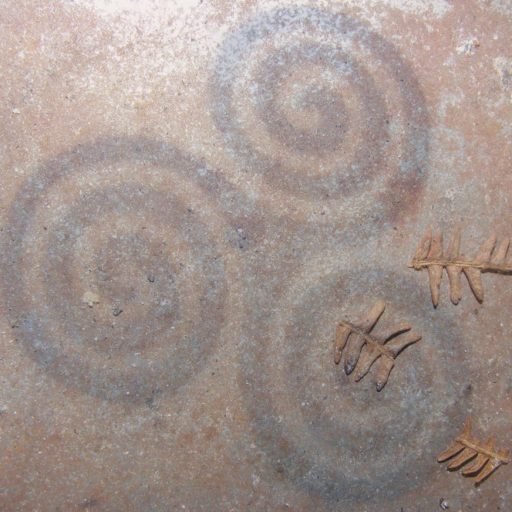Knowyourself.me – Storytelling and Community Philosophy
The knowyourself.me process returns traditional stories to their role as educational resources rather than casual entertainment. We are actively seeking schools and storytellers who are willing to try the knowyourself.me storytelling service with their pupils and see the results first hand – please contact us Knowyourself.me for more information
We respect that school leaders need to see how any activity complies with national and local policies like Getting it Right For Every Child (GIRFEC) and the Curriculum for Excellence (CfE). So we have prepared a document to evidence how much the knowyourself.me process aligns to both GIRFEC and Experiences and Outcomes (E&Os) of the CfE. Please contact us Knowyourself.me for a copy of the document.
We have also evidenced how it complies with the United Nations Rights of the Child article 29 and provided evidence of how it can help bridge the attainment gap.
United Nations Rights of the Child
Article 29 of the UNCRC says that a child or young person’s education should help their mind, body and talents be the best they can. It should also build their respect for other people and the world around them. In particular, they should learn to respect:
- their rights and the rights of others
- their freedoms and the freedoms of others
- their parents
- the identity, language and values of countries— including their own.
Education should prepare children and young people for a responsible life in a free society. It should teach them how to live in an understanding and tolerant way that is non-violent and that respects the environment. (1)
Knowyourself.me is an excellent expression of article 29 – UNCRC. With equality and respect for the views of others inherent in the process it embodies freedom of thought; and the expression of those thoughts. In addition, there is no better way to learn about a countries’ identity, language and values than through its traditional myths, legends and folk tales.
Interventions for Equity
Schools receive guidance on how they may reduce the attainment gap.
One of the most relevant is The Interventions for Equity guidance at Education Scotland. It references the Education Endowment Foundation’s teaching and learning Toolkit as an effective and measurable way to evaluate the effectiveness of interventions.
We are pleased to report that three of the highest scoring interventions are integral to the knowyourself.me process :-
Collaborative learning approaches = High impact for very low cost based on limited evidence
Metacognition and self-regulation = Very high impact for very low cost based on extensive evidence
Oral language interventions = Very high impact for very low cost based on extensive evidence
Knowyourself.me for storytellers
We want to work with other storytellers and educators who want to use the knowyourself.me process in their schools. Please get in touch to explore options
Knowyourself.me -Origins
Knowyourself.me sessions are available to any group who want to explore the world of stories – see more at Origins in the leabharlann -Library
